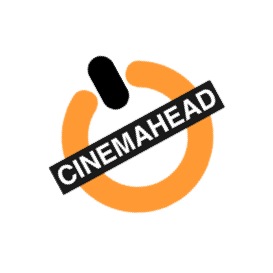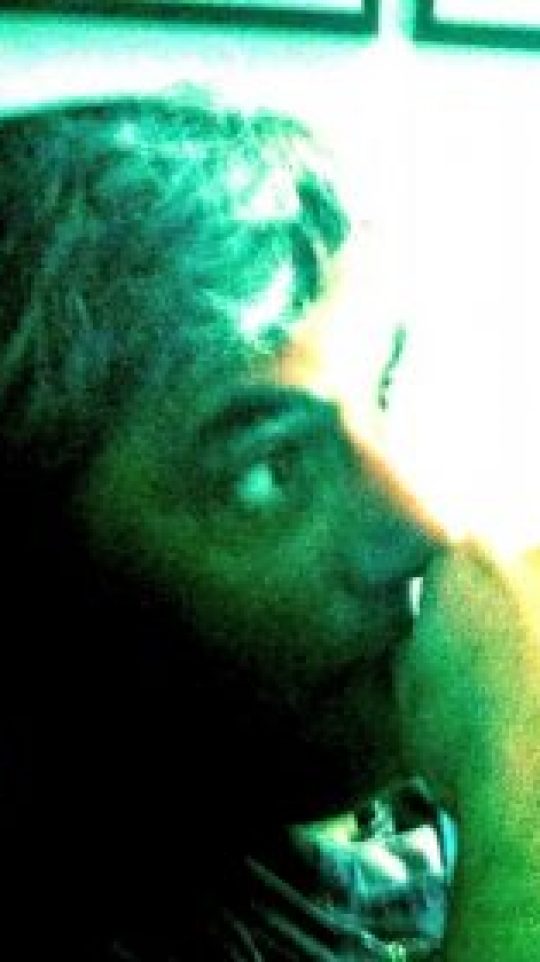People tell stories, people are part of stories told. And stories have different intentions, obstacles and outcomes. A power point or a feature film, a weeding video or a video essay all have a lot in common. They are modern forms of literacy.
Unlike most mobile apps, the purpose of Scriptonite is not to be used once and forgotten, but to be a companion toolkit because you need to communicate clearly and effectively with story. That’s your digital identity.
Storytelling is engagement, relationship and connection. It drives contagiousness and enchantment, the keywords in our digital global village.
Visual storytelling is for everyone, but not by everyone. As a kid I say images of illiterate folk paying scribes on the street, to get a letter written. Italy during the second world war had over 30 percent ofd the population who could not wread and write.
In today’s cinematic storytelling, the grammar is cinematic. To be a visual storyteller means to understand and know the language of visuals in motion. Cuts, sound overlaps, duration, camera angles have become the language of tomorrow.
Are you story literate? Can you tell your personal story in cinematic form or do you need to ask / pay someone else to do it for you? Equipment is cheap, content is rare. If you can put both together in visual storytelling form, you get it.
Check out a video essay by Adam Westbrook, who has created a new paradigm for video essays, stories part personal and fly on-the-wall, part public and in-the-soup.
Lots more on story literacy to come.

